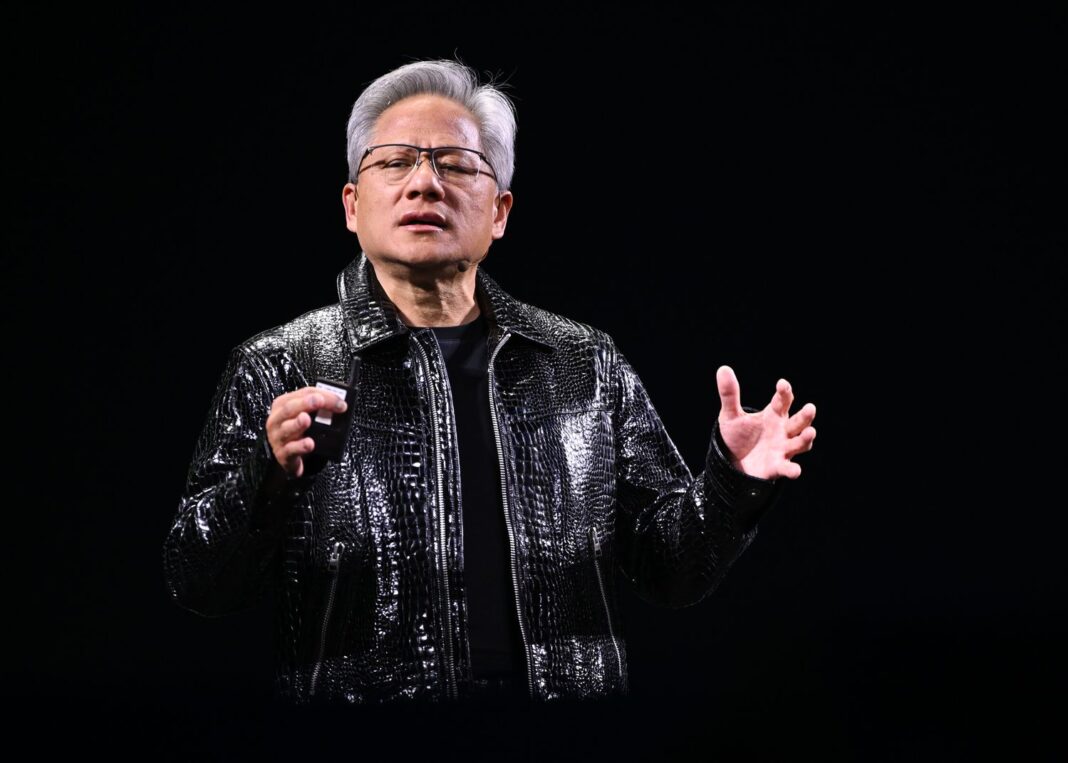A coalition of major Japanese entertainment rights-holders, including Studio Ghibli, Bandai Namco, Square Enix and others via the trade group Content Overseas Distribution Association (CODA), have formally asked OpenAI to cease using their copyrighted anime, manga and game-IP content in machine-learning training without explicit permission.
CODA’s key points:
- They say the output of OpenAI’s video generation model Sora 2 “closely resembles Japanese content or images”, implying their works may have been used as training data.
- Under Japanese copyright law, they argue, prior permission is generally required to use copyrighted works; an opt-out system (where one requests removal after usage) is not sufficient.
- They demand that OpenAI respond sincerely to their inquiries and stop using their works without consent.
Furthermore, the Japanese government has weighed in. A minister described anime and manga as “irreplaceable treasures” and formally requested OpenAI stop infringing on Japanese artwork.
Why it matters
- Copyright vs AI training: This dispute highlights the tension between generative‐AI companies training on large datasets and the rights of creators in non-text media (anime, manga, game art).
- Japanese creative-industry stakes: Japan’s content industries (anime, manga, games) are globally influential and economically significant; they are pushing back against what they view as unauthorized use of their IP.
- Global precedent: If Japan enforces stricter rules or compels changes, this could influence how AI models globally handle non-text copyrighted visual material.
- Company policy and risk: OpenAI’s previous “opt-out” approach (i.e., allow usage then remove if asked) is challenged as legally insufficient under Japanese law.
- Public perception and trust: For creators and fans of anime/manga, this may raise questions about the ethics of generative AI “borrowing” style and content without transparent consent.
Background context
- OpenAI launched Sora 2, a video-generation model, which reportedly enabled users to generate content resembling known anime and game styles/characters.
- Previously, OpenAI’s “Ghibli-style” image trends (users asking the model to render images in the style of Studio Ghibli) had already raised concerns about style mimicry and copyright. Business Insider
- Japanese copyright law emphasises prior consent for use of copyrighted works; this legal basis gives CODA stronger ground in Japan than similar cases in some other jurisdictions.
- CODA was founded to combat piracy and promote legal export of Japanese media; thus this move fits their remit.
How both sides might respond
- OpenAI’s potential actions: They may choose to engage with CODA, revise training data policies specifically for Japanese content, implement stricter opt-in consent mechanisms, or restrict outputs that mimic identifiable Japanese IP.
- Japanese rights-holders’ next moves: They could pursue formal legal action, demand licensing arrangements, or lobby further regulation of generative-AI in Japan and internationally.
- Broader industry reaction: Other creators and rights-holders in visual media may take note and raise similar demands.
- Regulatory implications: Japan may push for regulation of AI training data or new copyright frameworks. This could influence global norms.
What to watch for
- Will OpenAI publicly respond to CODA’s letter and outline concrete steps?
- Will Japanese authorities or courts intervene or establish precedent about training AI on copyrighted media?
- How will OpenAI and other AI firms adjust their policies or training data processes for anime/manga/game-style content?
- Will creators of anime/manga push for licensing frameworks for AI usage (rather than outright bans)?
- Could this spark a wider campaign by creative-industries (outside Japan) against generative-AI usage of visual styles and content?
Key takeaway
The core of the dispute: Japanese studios and rights-holders are asserting that using anime, manga and game-IP content to train AI models without prior permission is both legally and ethically problematic. OpenAI — and by extension the wider generative-AI industry — may need to significantly adapt how they source training data and engage with creators to respect cultural and legal norms.



